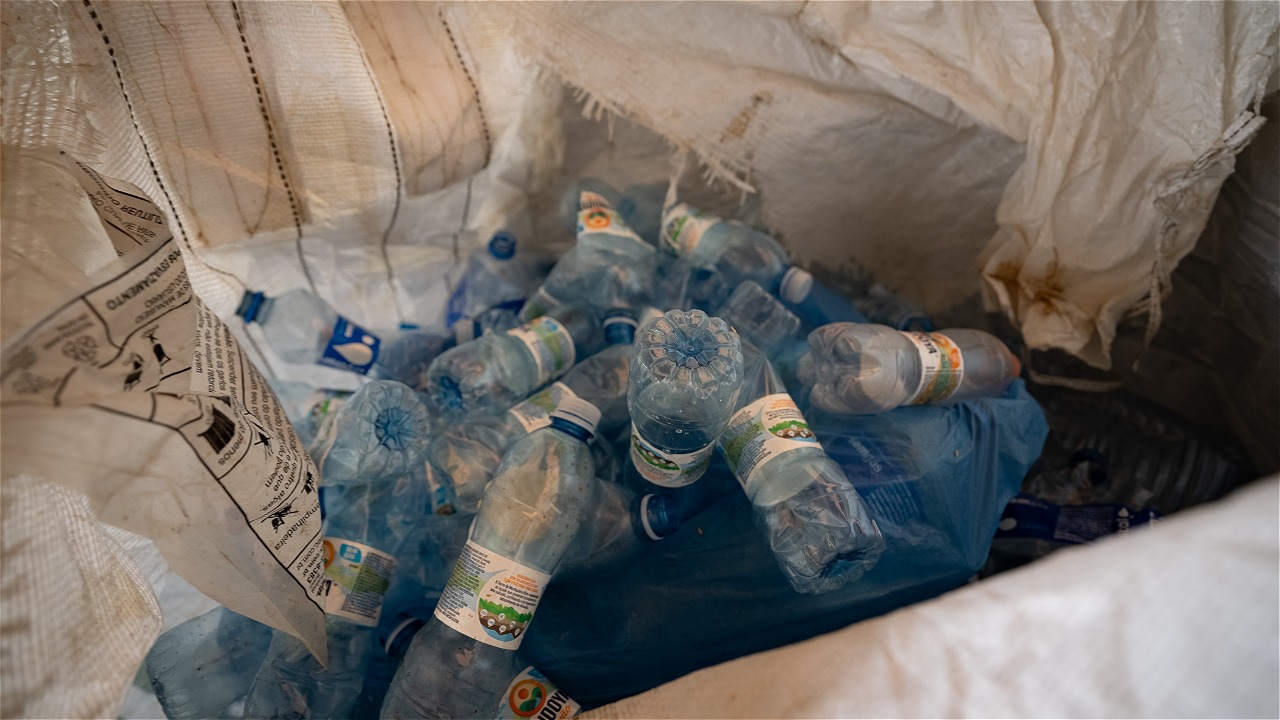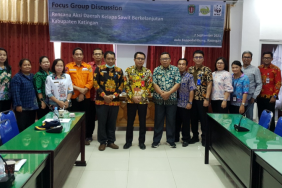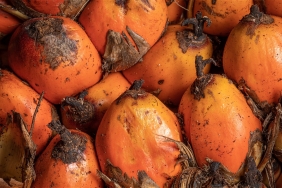NATIONAL WASTE CARE DAY: WHEN CARING IS PROVEN THROUGH ACTION
By: Natalia Trita Agnika
When passing by a road where there is a temporary waste disposal site (TPS), many people are seen covering their noses. They are bothered by the unpleasant smell that emanates from the waste, as if it must be avoided immediately. However, not many people realize that some of that waste might be coming from their homes. Or in other words, the waste arises because of the contribution of waste from each person.
A more alarming condition arises when there are people who have a negative behavior, littering. Various kinds of garbage can be seen clogging sewers, floating freely along the river, blown on the shoreline, or even seen entangling the bodies of animals in the open sea. Tuti Hendrawati Mintarsih, Director General of Waste Management and Hazardous Waste at the Ministry of Environment and Forestry, said that the total amount of waste in Indonesia in 2019 will reach 68 million tons, and plastic waste is expected to reach 9.52 million tons or 14 percent of the total waste (source: cnnindonesia).
Today through the commemoration of National Waste Awareness Day (HPSN), we are reminded to care about the waste problem. The increase in population, the increase in the level of public consumption, and the low level of concern for the surrounding environment make the waste problem more complicated. One of the things we can do is to minimize waste. Sorting waste independently is one way to reduce waste generation in TPS. If each household has done the sorting between organic and inorganic waste, as well as utilizing and managing their own organic waste, then waste generation will be reduced.
Concern for the waste problem seems to be one of the reasons for Women's Group Karya Basamo to recycle plastic waste. The group, which consists of mothers around the Subayang River, Rimbang Baling, Riau, makes crafts from plastic waste, such as wallets, shopping bags, baskets, headscarf brooches, etc.
Freshwater Program, offered the surrounding community to manage waste into more economically useful goods.
WWF and River Ambassadors provided socialization to the women PKK members about the economic potential of plastic waste and the ecological threats that can be posed if the waste is not managed and the amount increases. Those who were concerned and had a serious interest then attended a training on making crafts from plastic waste in Pekanbaru, Riau. Six representatives who attended the training then returned to Tanjung Belit Village and committed to creating a plastic waste recycling group in Tanjung Belit Village called "Karya Basamo".
In addition to recycling plastic waste, they also manage a waste bank. Neighboring communities who become bank customers can collect or save plastic waste in this waste bank.
The existence of Women's Group Karya Basamo is a form of caring that is realized through action. Their activities contribute to reducing and reusing plastic waste in Tanjung Belit Village and the Batu Dinding Waterfall tourist attraction.
Communities such as the Karya Basamo Women's Group have also sprung up in various regions, inspiring the surrounding environment. The momentum of National Waste Awareness Day can be a trigger for us to be more concerned and responsible for the waste problem. If we cannot contribute to tackling waste generation, at least reduce the use of items that will potentially increase the amount of waste.





